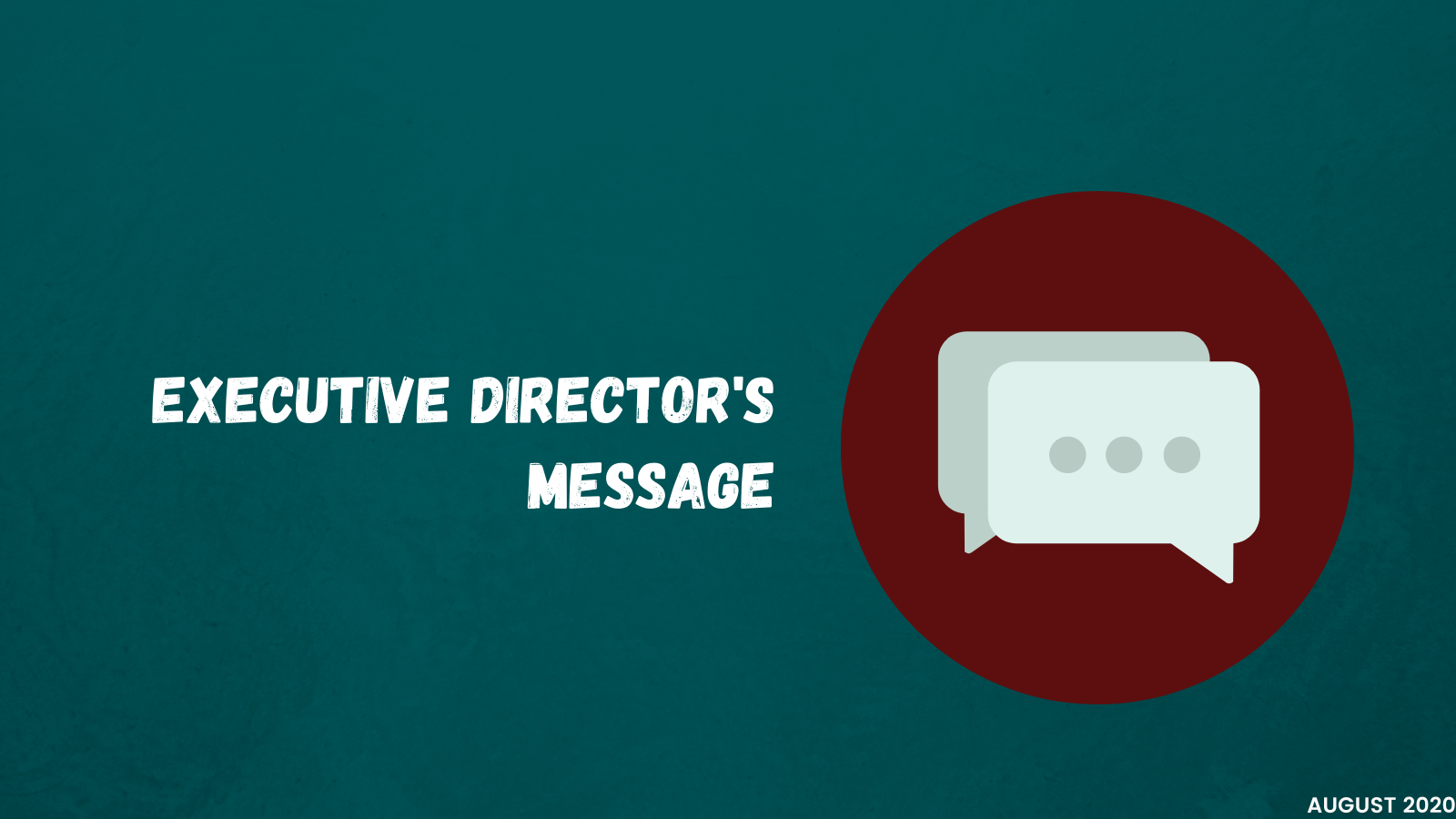Why The Coaching Approach Matters
The coaching approach is at the heart of our work at SPARC. Why?
During the scoping for SPARC, as we sought to understand how to support countries to achieve better health outcomes for populations in sub Saharan Africa, one thing stood out clearly – countries wanted a different type of technical assistance (TA). They asked for an approach that would be delivered by experts from the continent, who understood the political economies of countries they would be supporting, had relatable experience and could navigate the complex ecosystem in which reforms occur. They wanted experts who would work with them to co-create home-grown solutions to their unique problems. And that’s how the coaching approach was born – envisioned to be used by local and regional experts with technical and complementary non-technical skills to coach, mentor and facilitate country-led processes
Since the first convening of these experts from around the continent to co-develop this approach, this network of coaches (aka The Force) has grown from 18 to 70 and has continued to work together to develop, refine and share lessons about the approach.
Why is this approach important? It puts the power back in the hands of countries. They determine the kind of support they need and where it comes from. It is also sustainable – part of our work at SPARC supporting this approach is investing in developing countries’ individual and institutional capacities to continue driving sustainable health systems to change. In a nutshell, this approach matters because it is country-led, responsive, adaptive and sustainable, not prescriptive. Exactly what countries have asked for!
To raise awareness about this approach, recently, Results for Development (R4D), our core technical partner, hosted a webinar where coaching was discussed and it was heartwarming to see the response and interest. One of the key questions raised was about how we are evaluating its impact. Well, no easy answers there! It is new and even though we are learning by doing, there is a planned external evaluation of the approach coming up soon. This will help us further refine it in order to support countries better.
To learn more about this approach, please visit the coaching site, take the online orientation module and feel free to drop us comments and/or questions.
On a final note, I am excited to announce that SPARC is coming to the end of Year 2! We thank you all for being a part of this movement and our journey. Next month, we will take you down memory lane as we review some of the work we have done and the new vistas ahead of us.
Stay engaged. Follow us on Twitter, Facebook, Instagram and LinkedIn
Stay safe and healthy,
Dr. Nkechi Olalere
Executive Director, SPARC

